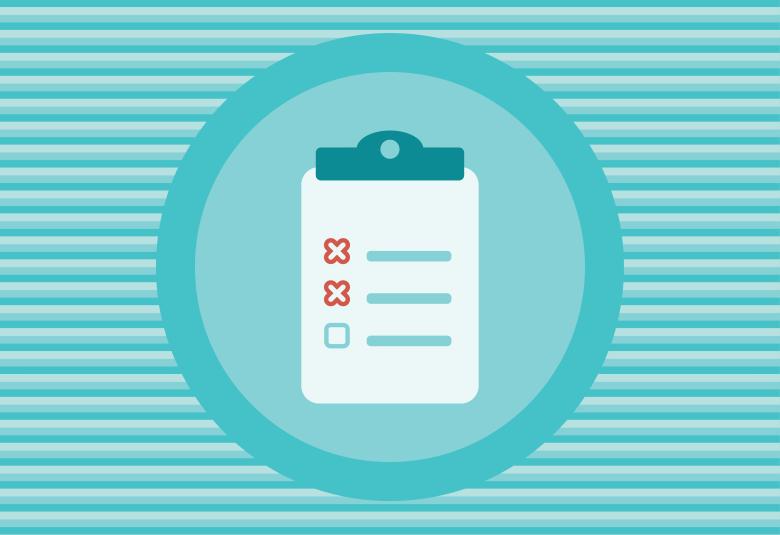Most clinical guidelines and algorithms recommend antipsychotic maintenance treatment for schizophrenia, but some are shifting towards a possibility of antipsychotic discontinuation and dose reduction strategies.1 Therefore, do clinicians need to rethink antipsychotic maintenance treatment? This question was the subject of a thought-provoking debate between two renowned experts at EPA 2022.
Clinicians do not need to rethink antipsychotic maintenance treatment
Long-term antipsychotic treatment is associated with increased survival
A 20-year nationwide follow-up study on the discontinuation of antipsychotic treatment among 8719 patients with first-episode schizophrenia in Finland has shown that long-term antipsychotic treatment is associated with increased survival and the risk of relapse after discontinuation of antipsychotic use does not decrease with time during the first 8 years of illness2 said Professor John Kane, New York, USA.
Further evidence to support the position that clinicians do not need to rethink antipsychotic maintenance treatment has shown:
- A high relapse rate of 45% by the end of follow-up (median 118 days) among individuals randomly withdrawn from maintenance antipsychotic treatment3
- A reduced or delayed response to antipsychotic treatment after relapse following effective treatment of a first episode of schizophrenia4
Relapse rate was 45%, in a study, among individuals withdrawn from maintenance antipsychotic treatment
However, it has also been shown that 45% of patients who discontinue antipsychotics for 12 months do not relapse,5 added Professor Kane.
Current evidence currently favors antipsychotic maintenance treatment for schizophrenia, said Professor Kane. However, the knowledge base should be continually re-evaluated, and new evidence should be sought, for instance to identify those patients who will not relapse. In addition, every patient is different and the risks and benefits of continuing or not continuing medication need to be evaluated in every clinical decision.
Clinicians do need to rethink antipsychotic maintenance treatment
Most people stop taking their antipsychotic medication
Professor Wim Veling, Groningen, the Netherlands, argued that clinicians do need to rethink antipsychotic maintenance treatment. He highlighted that in the real world, most people stop taking their antipsychotic medication,6 and that in his experience of shared decision-making many patients wish to discontinue antipsychotic medication because of adverse effects, such as weight gain.
Newer antipsychotics have fewer adverse effects
To support his case, he described a study demonstrating that dose reduction and discontinuation of antipsychotics during the early stages of remitted first-episode psychosis shows superior long-term recovery rates compared with the rates achieved with maintenance treatment.7
Outcome of the debate
In the absence of live voting, Professor Kane and Professor Veling reviewed each other’s arguments. Both agreed that although the evidence demonstrates that not everyone needs long-term antipsychotic maintenance therapy, it does not indicate who will and who will not relapse on discontinuation of therapy.
Outcomes should be defined to reflect the heterogeneous nature of relapse
Professor Veling suggested that outcomes should be broadened to more than relapse, and Professor Kane highlighted the heterogeneous nature of relapse ranging from mild to fatal.
Professor Kane also commented that some of the newer antipsychotics have fewer adverse effects, and that if medication is discontinued, psychosocial and other interventional therapies need to be maintained.
Our correspondent’s highlights from the symposium are meant as a fair representation of the scientific content presented. The views and opinions expressed on this page do not necessarily reflect those of Lundbeck.




